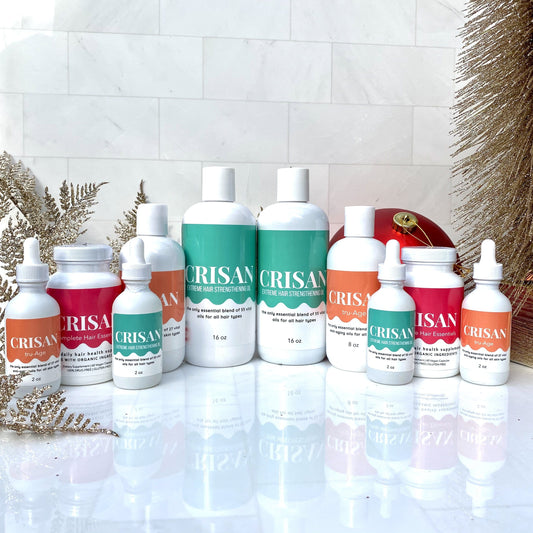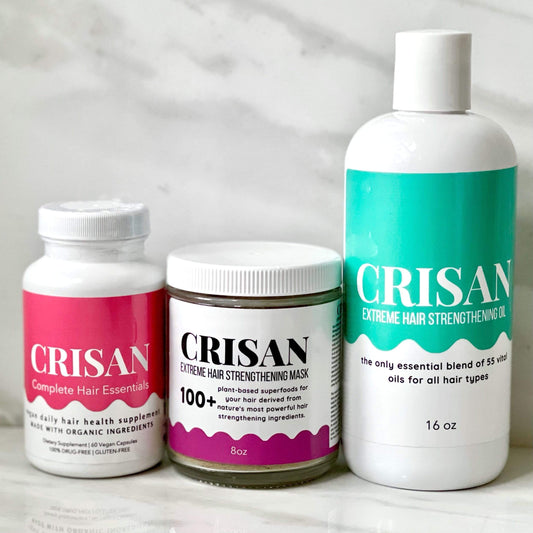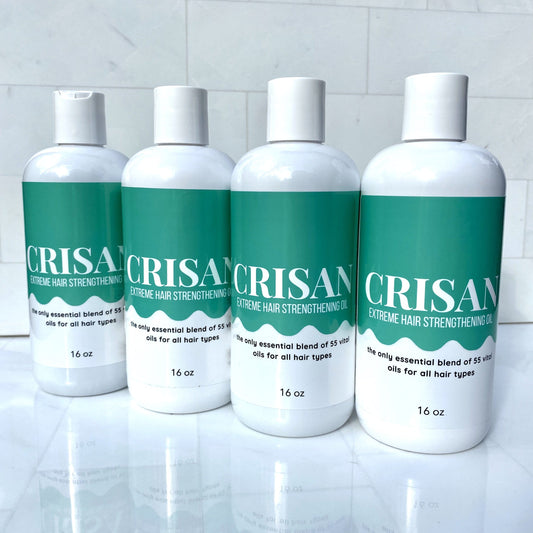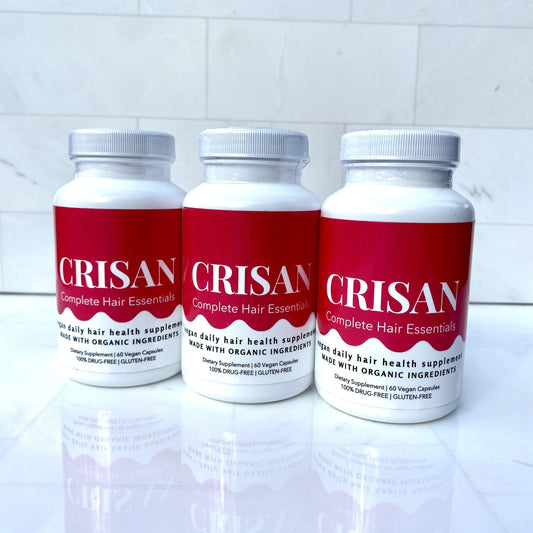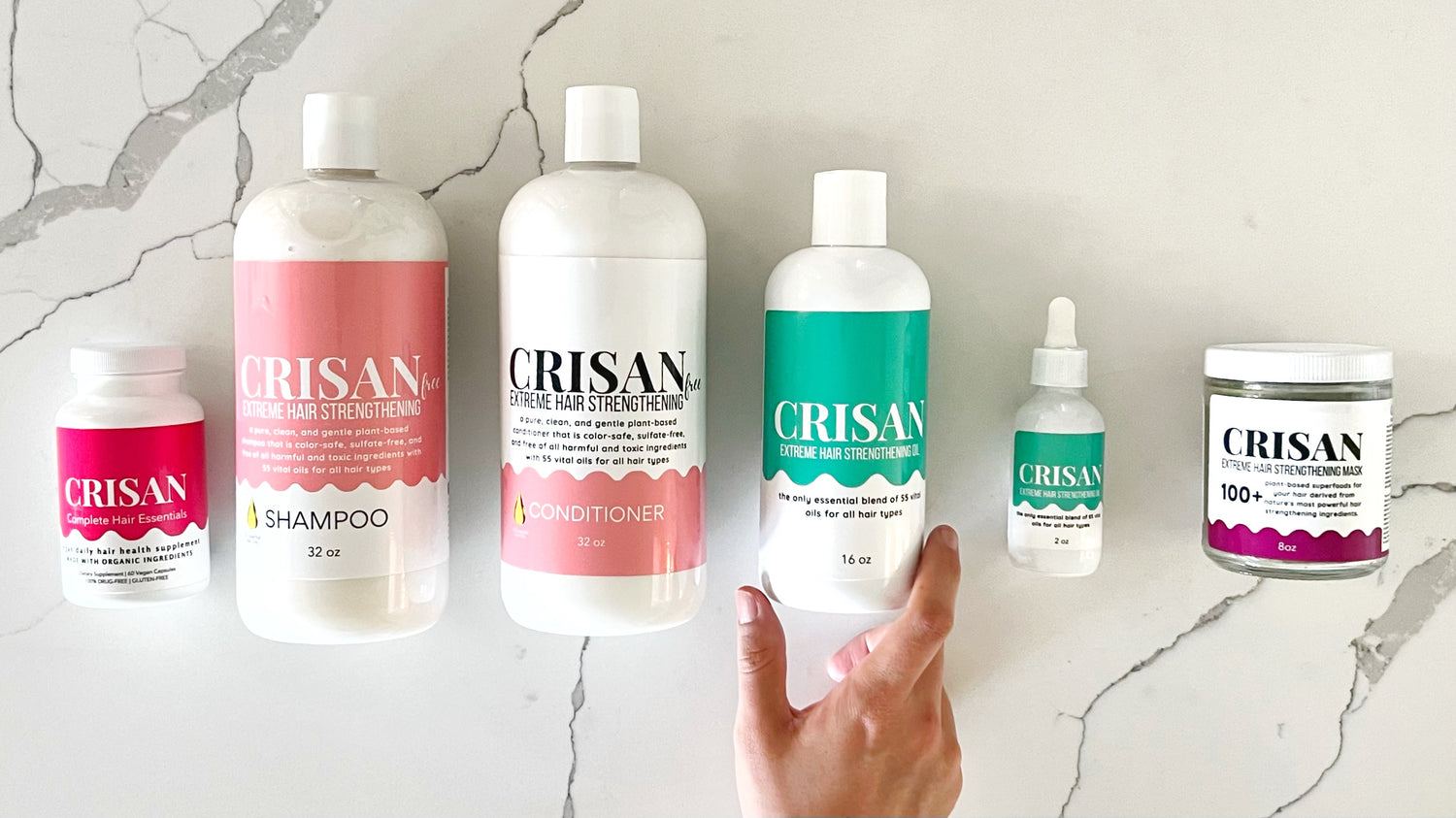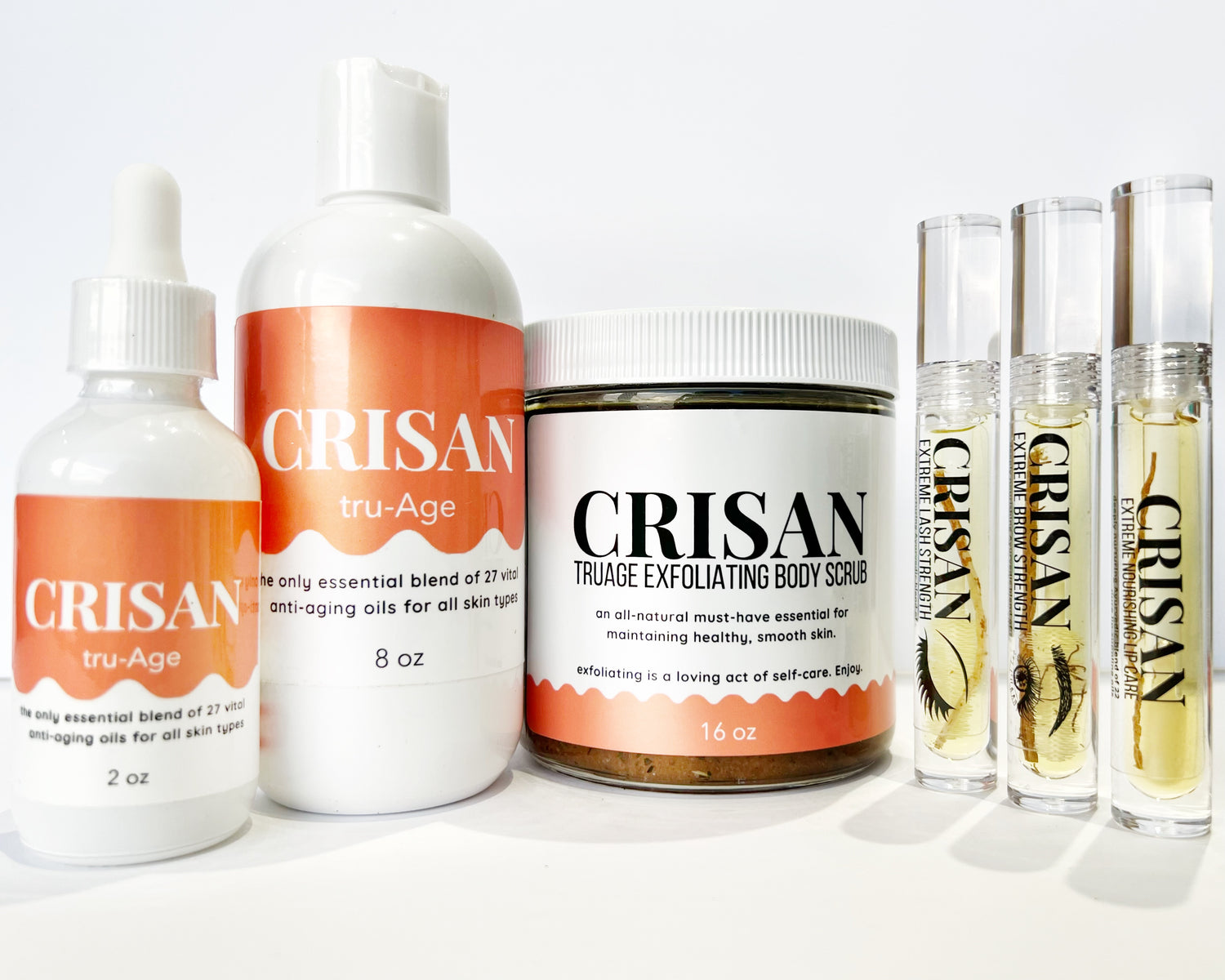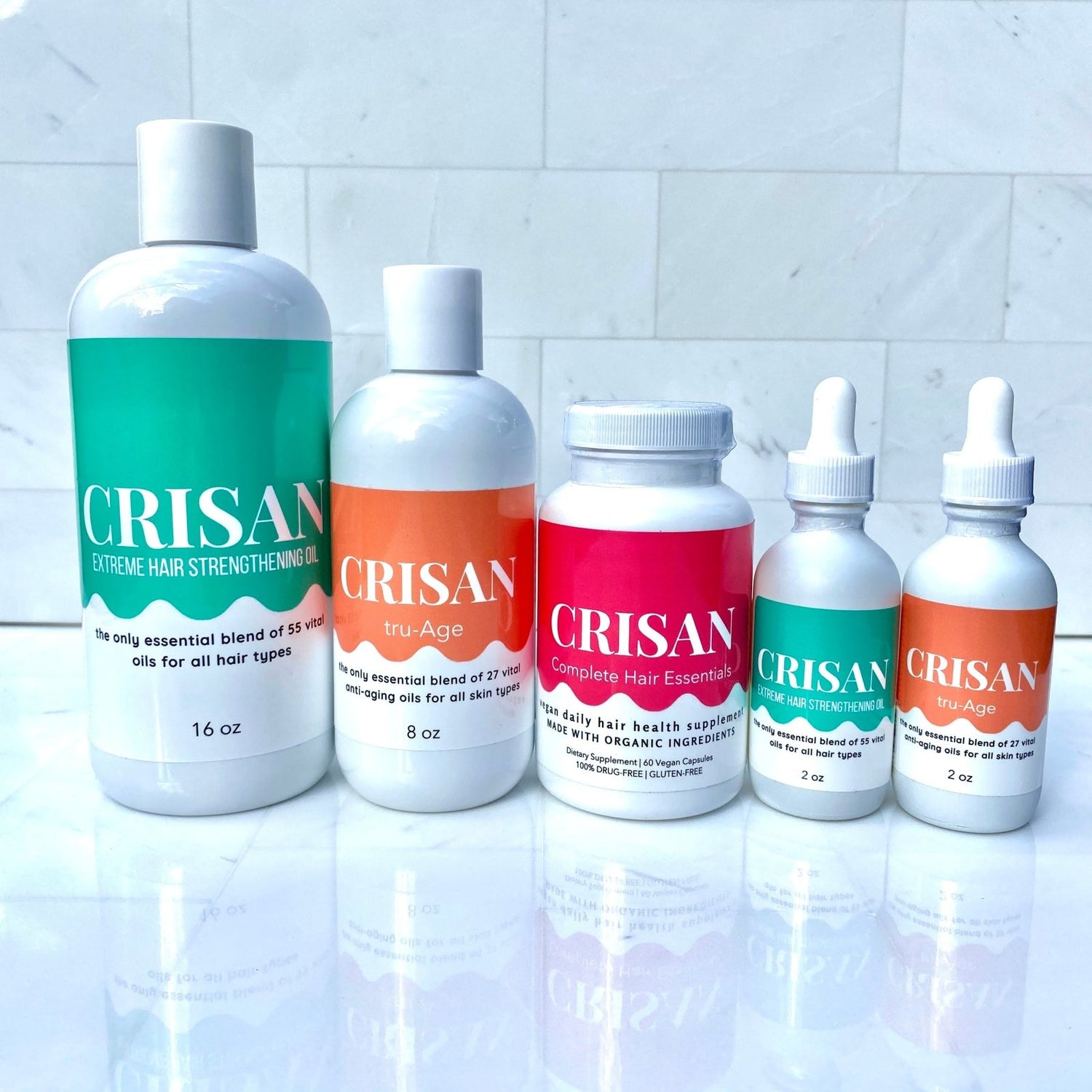Hair loss can be a distressing experience, affecting both men and women across various age groups. While there are numerous treatments available, many people prefer to explore natural and organic solutions first. These alternatives can offer a gentler approach to hair care, often with fewer side effects. In this article, we will delve into the top organic solutions for hair loss, providing insights into their effectiveness and how they can be incorporated into your hair care routine.
Key Takeaways
- Caffeine can stimulate hair growth by improving blood circulation to the scalp.
- Melatonin has antioxidant properties that may help in promoting hair growth and reducing hair loss.
- Vitamins and supplements, such as Biotin and Vitamin D, are essential for maintaining healthy hair.
- Regular scalp massages can improve blood flow to hair follicles, potentially aiding in hair growth.
- Essential oils like rosemary and peppermint oil have shown promise in improving hair thickness and growth.
1. Caffeine
Caffeine isn’t just good in your morning cup of coffee. Studies have shown that topical caffeine has benefits for skin and hair health. In fact, out of all the natural hair-growth remedies, caffeine may be the most promising.
You can safely apply caffeine-containing products to the scalp. But don’t attempt to dramatically increase your coffee consumption. This won’t have any effect on your hair, and having too much caffeine can be dangerous to your health.
Applied to the scalp, caffeine seems to have a stimulating effect on hair follicles. This increases hair growth and strengthens hair. Some studies have found that caffeine shampoo may also slow hair loss. And some evidence shows that the combination of caffeine and minoxidil (Rogaine) — a medication applied to the scalp for hair loss — worked better than minoxidil alone. But more research is needed to make solid conclusions about caffeine as a natural hair-growth remedy.
2. Melatonin
You may be familiar with melatonin as a sleep-aid supplement. But it’s also an antioxidant that can improve skin health, and it may be a good natural hair-growth treatment.
Some evidence suggests that melatonin applied to the scalp may slow hair loss and increase hair density in people with a type of hair loss called androgenetic alopecia. But these studies were small, so more research is needed to see how effective melatonin really is.
When applied to the skin, melatonin is absorbed into the bloodstream. There are no severe health risks to using melatonin in this way, but it may affect your sleep-wake cycles.
3. Vitamins and Supplements
One reason for hair loss and hair thinning is nutritional deficiencies. By this logic, adding certain vitamins and minerals to a deficient diet could have positive effects on alopecia. And some supplements have been marketed as natural hair-growth remedies for years. But do they work in people who are not vitamin or nutrient deficient?
Worth a try? Going over the daily recommended intake of any vitamin can be dangerous. Depending on which nutrient you are over-supplementing, side effects range from mild to severe. Consult your healthcare professional to see if you may have nutrient deficiencies and how much you need to supplement them.
How to use organic supplements for hair thinning
Zinc and biotin: These supplements are assumed to help with hair growth because people with metabolic disorders lacking them can have thin or brittle hair and nails. Saw palmetto is sometimes touted for hair growth, but there isn't enough evidence to back that up, according to the National Institutes of Health.
If you're going to use supplements with your hair in mind, tell your doctor before you start taking them. That way, your doctor can watch out for any possible side effects, including interactions with other drugs you're taking. Even though supplements don't require a prescription, they're still something your doctor needs to know about, so they have a complete picture of everything you're taking.
4. Scalp Massage
Scalp massage is an appealing hair-growth treatment. It doesn’t involve pills or injections, and it feels good. In fact, it lowers stress hormones, like cortisol. Scalp massages may also promote hair growth by increasing blood flow to the scalp and stimulating hair follicles.
A 2019 study showed that scalp massaging improved hair growth, blood flow, and scalp health in people. Massaging your scalp can also help relieve stress and tension, two emotions that may cause hair loss.
To massage your scalp, use your fingertips, not your fingernails. Move your way across your scalp in small circles, applying light to medium pressure. There’s no specific amount of time to massage. However, in the study above, each scalp massage was given daily for 4 minutes over 24 weeks.
Regular scalp massages can be one of the most effective organic hair growth tips for thinning hair. They not only improve scalp health but also enhance the absorption of organic products, making your hair care routine more effective.
5. Essential Oils
Essential oils are concentrated plant extracts that retain their organic properties. Two popular essential oils people use to promote hair growth are peppermint oil and rosemary oil. Essential oils are safe to use so long as you dilute them. They may irritate the skin and cause allergic reactions in some people.
How to use organic essential oils for hair thinning
- Peppermint Oil: Known for its cooling effect, peppermint oil can help stimulate blood circulation to the scalp. This increased blood flow can promote hair growth and improve hair thickness.
- Rosemary Oil: This oil has been compared to minoxidil, a common hair growth treatment. Rosemary oil can help improve cellular generation, which can lead to thicker hair.
Essential oils are a gentle and natural way to support hair health. While more research is needed, many find them to be a valuable part of their hair care routine.
6. Jojoba Oil
Jojoba oil lowers inflammation and helps repair the skin’s surface. It’s used as a micro-emulsion in various beauty products because it helps active ingredients get absorbed into the skin. In other words, think of jojoba oil as a vehicle that transports beneficial supplements to the hair follicle.
Evidence: There’s no research that proves jojoba oil alone will help hair growth. But some studies suggest it may help decrease breakage. And, thanks to its chemical composition, it’s great for combining with other nutrients to improve scalp health.
Worth a try? Yes. Applying jojoba oil to your scalp isn’t associated with many risks. Just be aware that like with any product, you may develop an allergic reaction or skin irritation.
7. Castor Oil
Castor oil is a vegetable oil that contains ricinoleic acid, which may help lower inflammation. While there is no concrete evidence to show that castor oil can directly promote hair growth, it can help moisturize hair, reduce inflammation, and has antibacterial effects. These properties create a healthier scalp for hair follicles to grow.
In very rare cases, castor oil can cause acute hair felting, a condition that leaves hair matted and twisted. For most people, however, castor oil is safe to apply to the scalp. Castor oil is commonly mixed with coconut oil for maximum benefits.
8. Coconut Oil
Coconut oil is a triglyceride (fat) with a specific composition that makes it absorb into the hair shaft easily. It’s also full of healthy fatty acids and vitamins. Coconut oil contains fatty acids, called lauric acid, that penetrate inside the hair shaft and reduce protein loss from hair. This may lead to healthier, stronger, and fuller-looking hair.
Coconut oil can be used before or after you wash your hair, depending on your hair type. If your hair tends to be oily, you can do a leave-in treatment overnight or for a few hours before you wash it. While it is more a preventive option than a remedy for regrowing hair, coconut oil is a low-risk option that many people love.
Coconut oil is one of the top homemade remedies for hair loss in 2024. It is safe to use on hair and has many reported benefits, though it can clog pores and leave hair feeling greasy.
How to use organic hair oil for thinning hair
- Warm a small amount of coconut oil in your hands until it becomes liquid.
- Apply the oil to your scalp and hair, focusing on the ends.
- Leave it on for at least 30 minutes, or overnight for a deep treatment.
- Wash your hair thoroughly with a gentle shampoo.
- Repeat 1-2 times a week for best results.
9. Rice Water
Rice water has been used as a natural hair-growth product for centuries in many East Asian cultures. Rice water refers to the leftover liquid obtained after rinsing rice. Reported benefits include improving hair elasticity and reducing surface friction.
Evidence: So far, there’s not much evidence to show that rice water works to promote hair growth. Some lab studies suggest that rice bran extract may help with hair growth, but more research is needed in humans.
Worth a try? Absolutely. Including rice water in your hair health regimen is risk-free. Rice water is inexpensive and easy to access.
10. Aloe Vera
Aloe vera may help treat hair loss. Some anecdotal evidence suggests that aloe vera may help by:
- soothing your scalp
- conditioning your hair
- reducing dandruff
- unblocking hair follicles
However, the authors of a 2022 review suggest that only limited animal studies exist. More research on humans is needed.
You can apply pure aloe vera gel to your scalp a few times per week. You can also use shampoo and conditioner that contain aloe vera.
Aloe Vera is a powerhouse ingredient known for its soothing and healing properties. Whether you're looking to calm irritated skin or nourish your hair, Aloe Vera is a must-have in your beauty routine. Discover our range of Aloe Vera-infused products and experience the benefits for yourself. Don't miss out on our exclusive offers and new arrivals!
Conclusion
Navigating the world of hair loss can be challenging and emotionally taxing. While there are numerous organic solutions available, it's important to remember that their effectiveness can vary greatly from person to person. Natural remedies such as essential oils, scalp massages, and dietary changes can offer gentle and holistic approaches to managing hair loss. However, for those seeking more definitive results, consulting a dermatologist to explore science-backed treatments is highly recommended. Ultimately, understanding the underlying cause of hair loss and adopting a comprehensive approach that combines both natural and medical treatments may provide the best outcomes. Remember, you are not alone in this journey, and there are compassionate and professional resources available to support you every step of the way.
Frequently Asked Questions
What are the main causes of hair loss?
Hair loss can be caused by various factors including genetics, hormonal imbalances, nutritional deficiencies, stress, and certain medical conditions. Consulting a healthcare provider can help identify the root cause.
How effective are natural remedies for hair loss?
The effectiveness of natural remedies varies from person to person. While some may see improvements, others may not experience significant changes. It's important to consult a dermatologist for personalized advice.
Can caffeine really help with hair growth?
Yes, caffeine is believed to stimulate hair follicles and promote hair growth by increasing blood circulation to the scalp. However, more research is needed to confirm its effectiveness.
Are essential oils safe to use for hair loss?
Essential oils like rosemary, peppermint, and lavender are generally safe when diluted with a carrier oil. However, it's advisable to do a patch test first to ensure there are no allergic reactions.
How often should I use coconut oil for hair growth?
Coconut oil can be used 2-3 times a week as a hair mask or scalp treatment. It helps to moisturize the scalp and strengthen hair strands, promoting healthier hair growth.
When should I see a doctor for hair loss?
If you notice sudden or excessive hair loss, it's important to consult a healthcare provider to rule out any underlying medical conditions. Early diagnosis and treatment can help manage hair loss more effectively.


